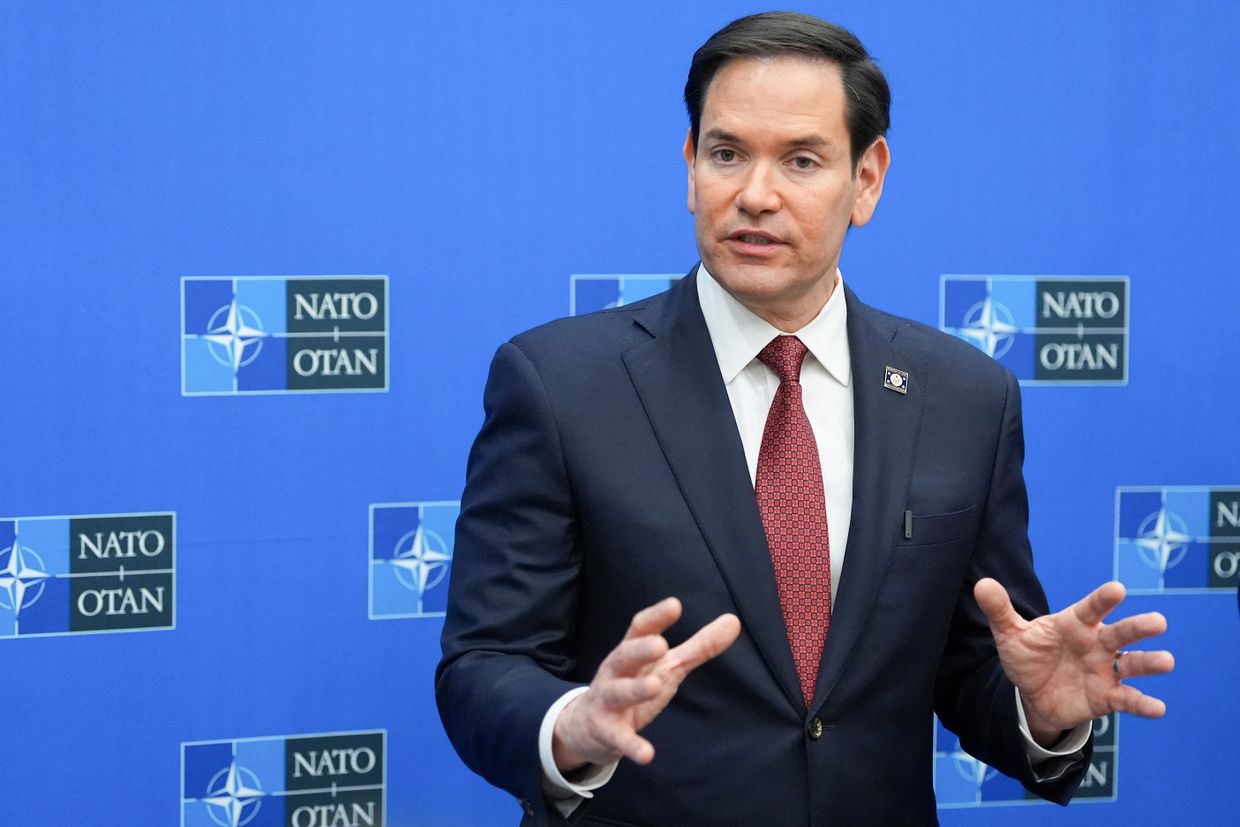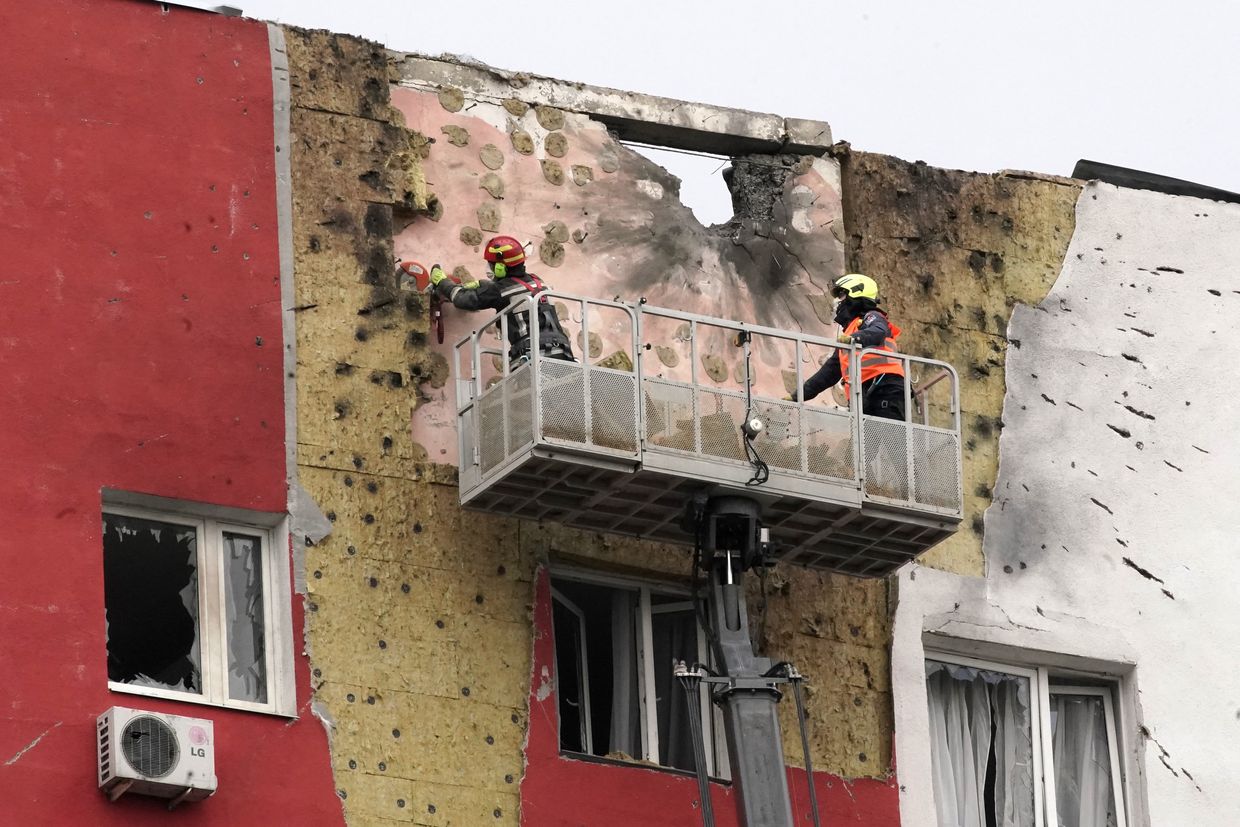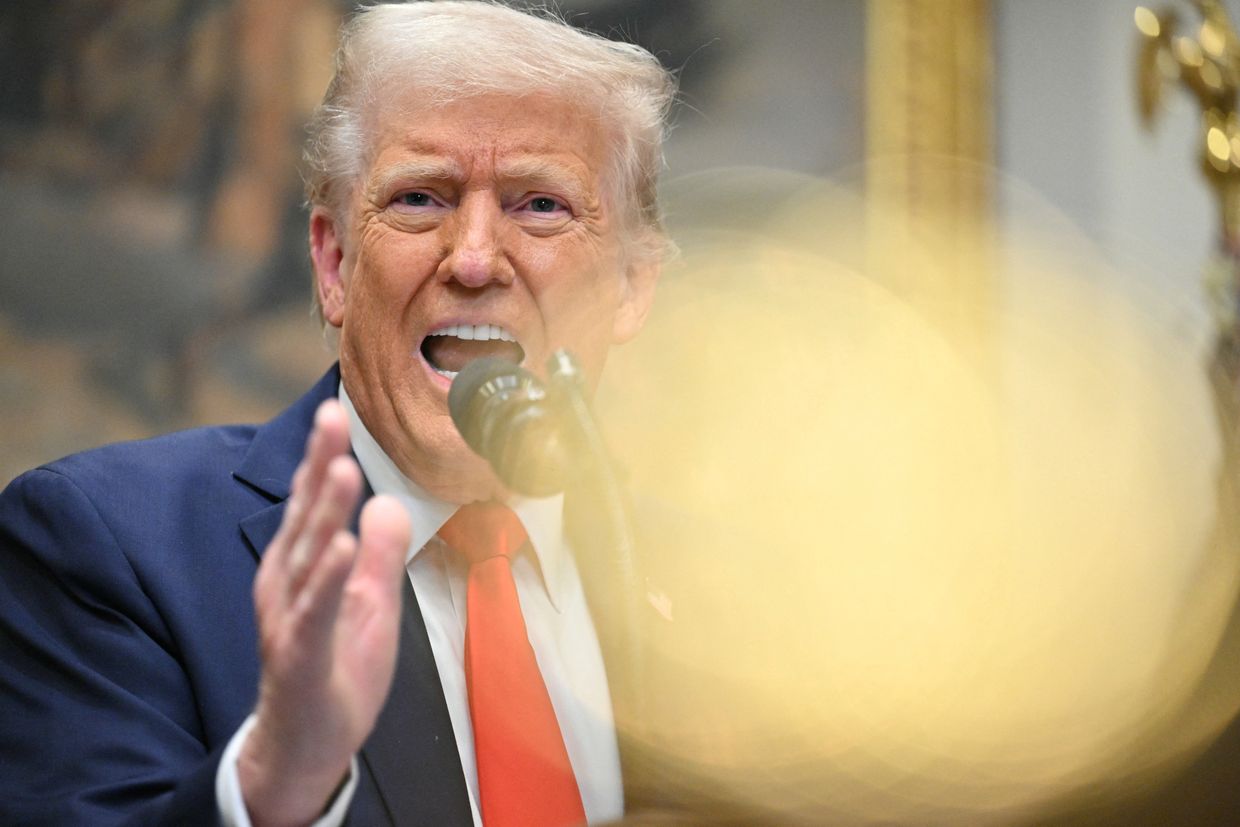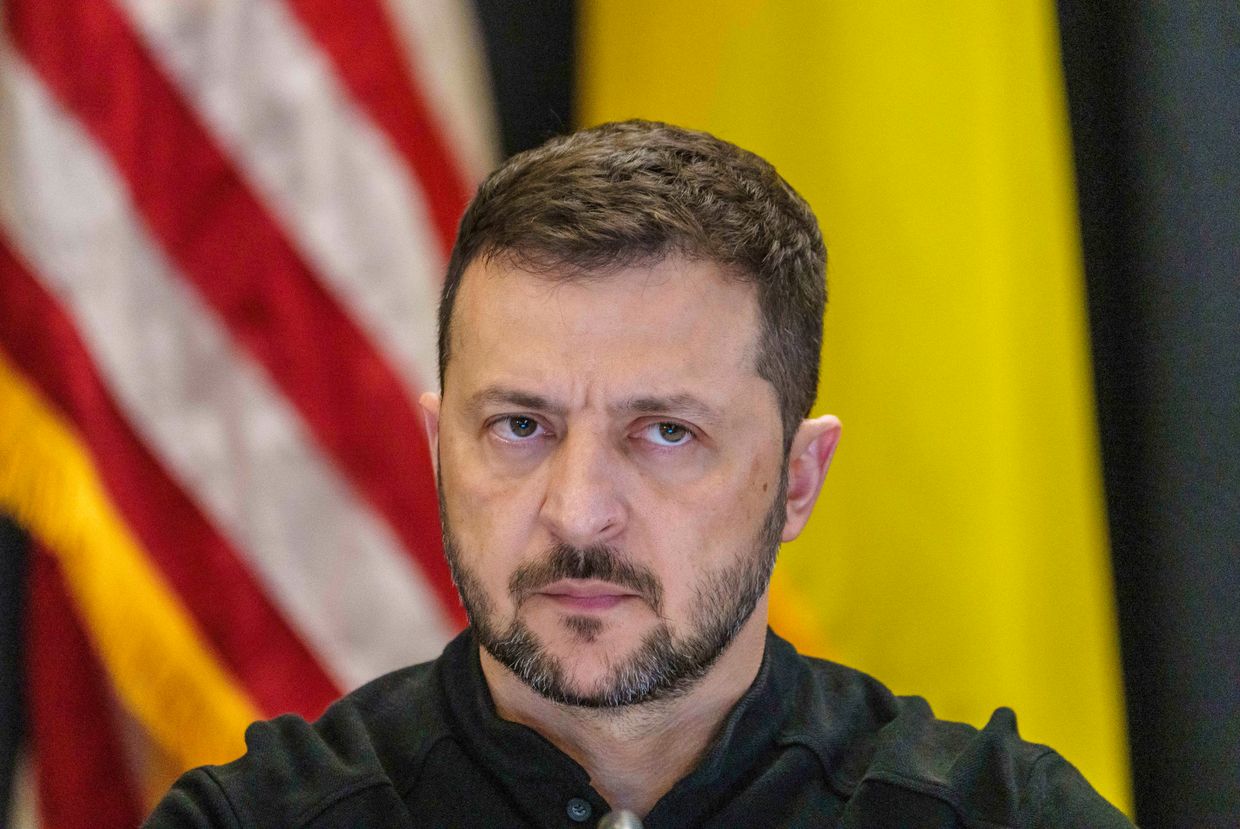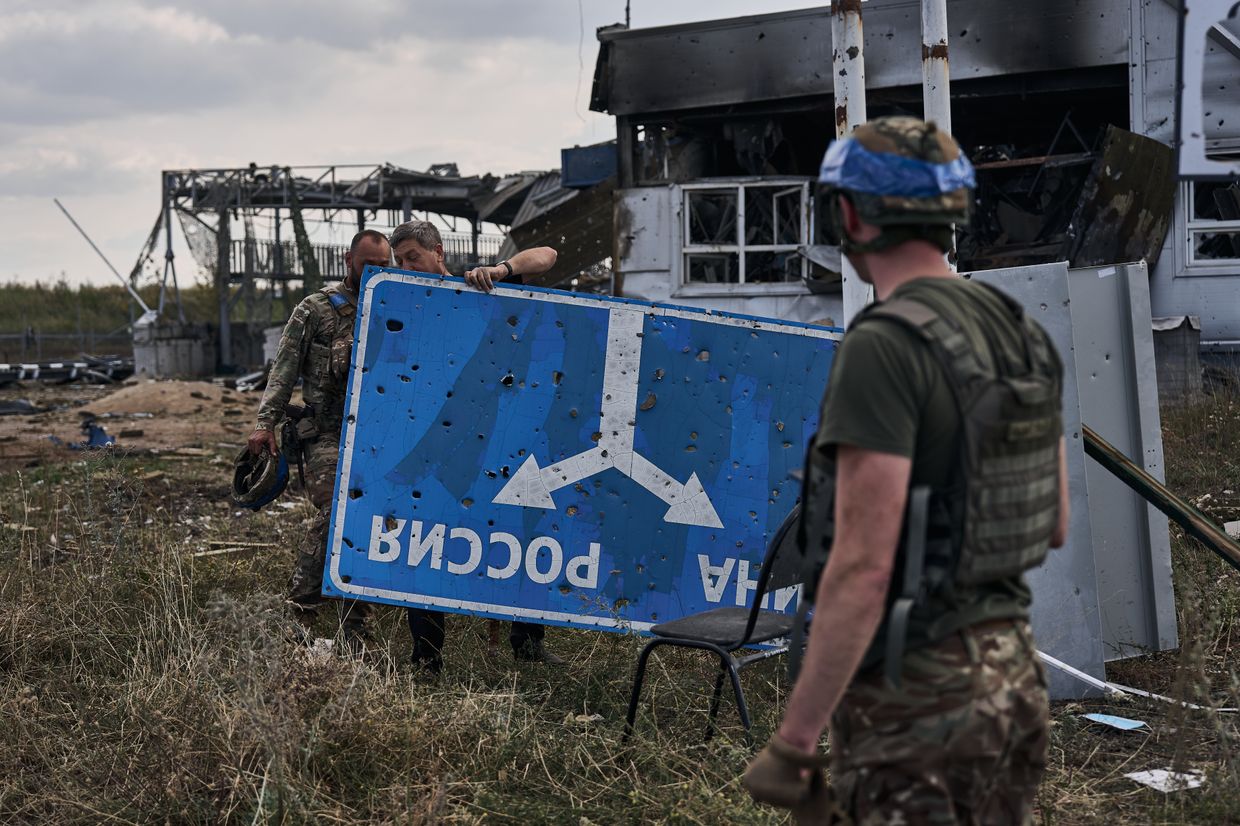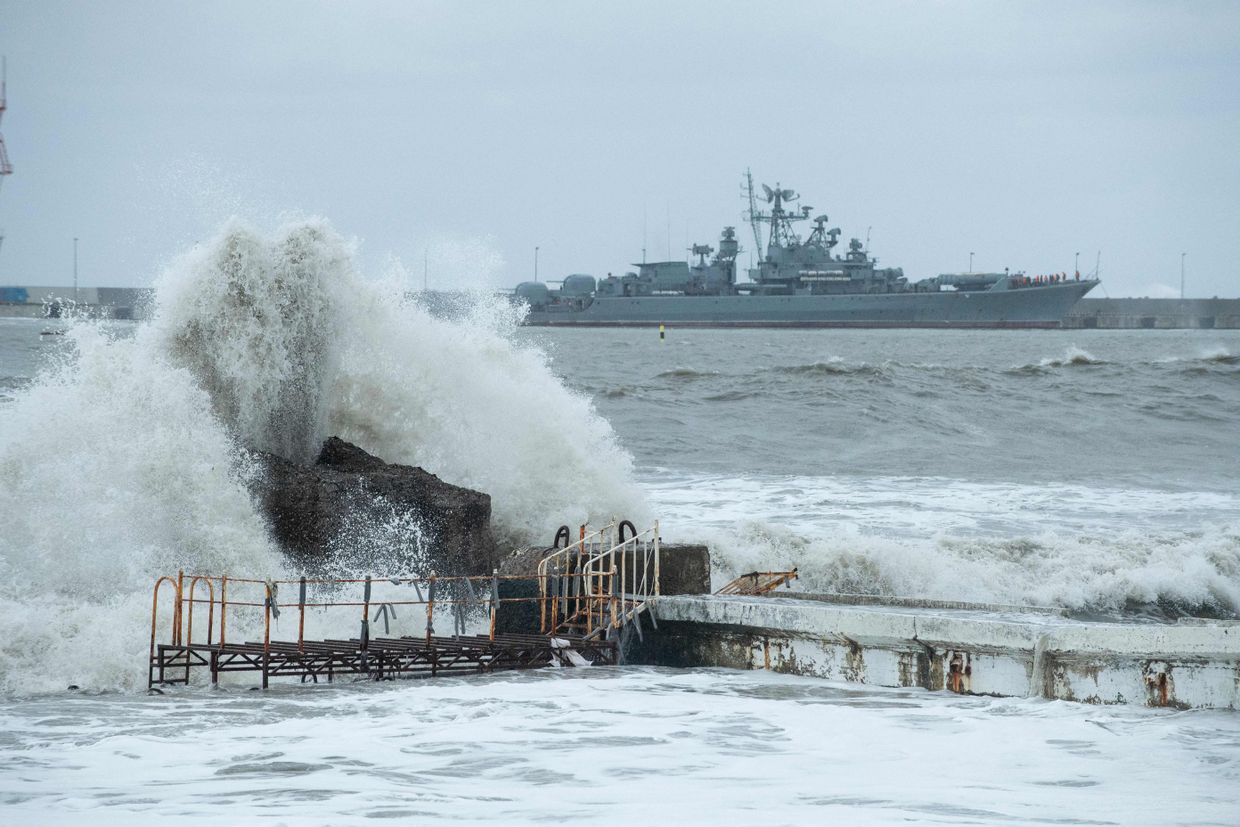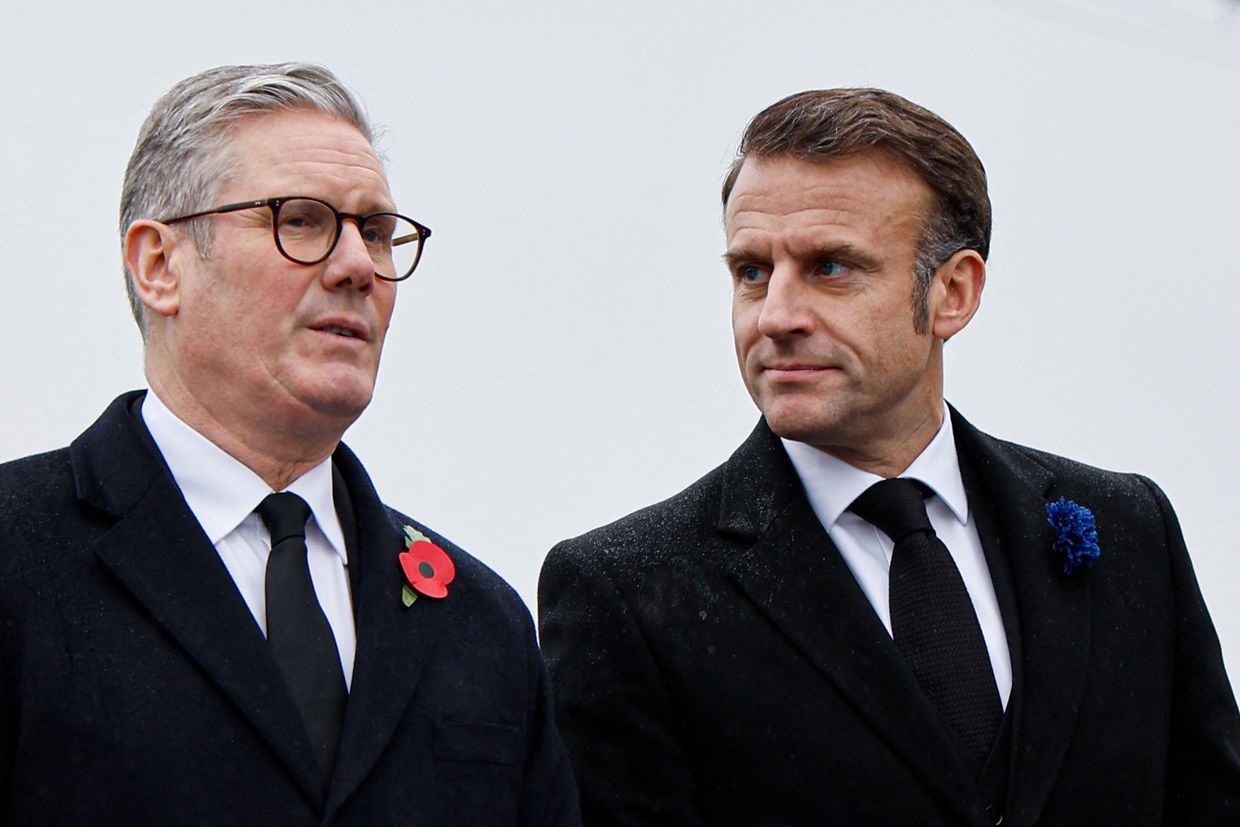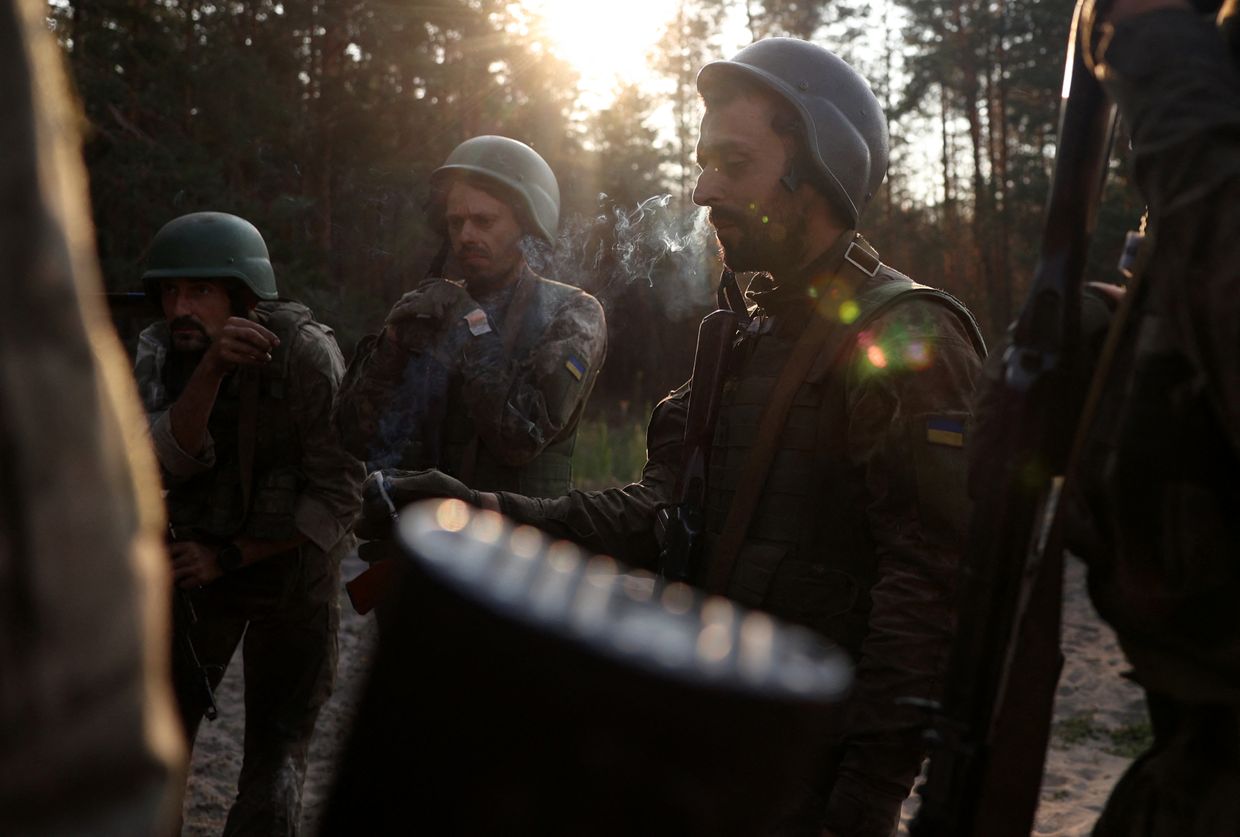Key developments on April 4:
- US to know whether Russia 'serious about peace' with Ukraine in coming weeks, Rubio says
- US, Russia make 'significant progress' towards Ukraine ceasefire deal, Kremlin negotiator claims
- Trump's team advises against calling Putin until Russia agrees to Ukraine ceasefire, NBC reports
- More F-16 jets being prepared for Ukraine, US general says
- Germany finances Ukraine's use of Starlink alternative Eutelsat, Reuters reports
The U.S. will know within weeks whether Russia is serious about a peace deal with Ukraine, Secretary of State Marco Rubio said on April 4, Reuters reported.
"We will know soon enough, in a matter of weeks, not months, whether Russia is serious about peace or not. I hope they are," Rubio said. He added that if the process drags on unnecessarily, U.S. President Donald Trump would not engage in "endless negotiations about negotiations."
His remarks follow reports that Trump is increasingly frustrated by continued aerial strikes from both Russia and Ukraine despite his mediation efforts.
The Telegraph reported on March 23 that Trump is growing angry over the ongoing attacks, while NBC News said on March 30 that he is "pissed off" at Russian President Vladimir Putin's fixation on President Volodymyr Zelensky.
"We're testing to see if the Russians are interested in peace. Their actions — not their words, their actions — will determine whether they're serious or not, and we intend to find that out sooner rather than later," Rubio said.
Kyiv had agreed to a full 30-day ceasefire in U.S.-mediated talks in Jeddah on March 11, but Russia rejected it unless it included conditions limiting Ukraine's military capabilities, such as ending foreign military aid.
Instead, Ukraine, Russia, and the U.S. reached a partial ceasefire covering energy infrastructure and the Black Sea. Two days later, Zelensky accused Russia of striking Kherson's energy facilities, calling for a response from Washington.
Moscow denied the attack, with Kremlin spokesperson Dmitry Peskov claiming Russia had adhered to the agreement but "reserves the right" to abandon it if Ukraine violates the terms.
The Russian side accused Ukraine of striking the Sudzha gas metering station in Kursk Oblast, a claim Kyiv dismissed as an attempt to justify further attacks.
Russian Foreign Minister Sergey Lavrov said on April 1 that Moscow had sent a list of alleged Ukrainian ceasefire violations to the U.S., the U.N., and OSCE.
Zelensky ordered Defense Minister Rustem Umerov on March 28 to provide Washington with proof of Russian ceasefire violations. The U.S. has not yet responded to either side's claims.
While Trump has occasionally floated measures such as extra sanctions and tariffs on Russia, he has yet to take concrete steps to pressure Moscow, which continues its offensive operations.

US, Russia make 'significant progress' towards Ukraine ceasefire deal, Kremlin negotiator claims
The United States and Russia have made "significant progress" towards a ceasefire in the war in Ukraine, Kremlin negotiator Kirill Dmitriev said on April 3 following talks with officials at the White House.
"Significant progress has been made on the ceasefire agreement in Ukraine," Dmitriev reported, according to the Russian state news agency TASS.
Dmitriev, who heads the state-controlled Russian Direct Investment Fund, met with U.S. officials in Washington on behalf of Russian President Vladimir Putin on April 2 and 3.
Dmitriev praised the administration under U.S. President Donald Trump for its constructive and respectful dialogue with Russia and said the two nations plan to restore and deepen their ties, including with further economic cooperation.
American businesses are prepared to return to Russia and fill the vacancies left after European companies withdrew in the wake of Russia's full-scale invasion of Ukraine, Dmitriev said.
"U.S. companies are ready to occupy the niches left by European companies that left the Russian Federation," TASS reported.
The two countries are also discussing restoring direct flights.
Other topics discussed included cooperation on rare earth metals and in the Arctic, Dmitriev told reporters in Washington, according to Reuters.
Dmitriev did not disclose any details related to a potential ceasefire agreement, but said the Trump administration "is listening to the position of the Russian Federation" and will determine the date for the next round of negotiations "in the near future."
President Volodymyr Zelensky on April 3 acknowledged that U.S. and Russian officials were holding private conversations on the possibility of a full ceasefire in Ukraine. Kyiv has said for weeks that it is ready to begin a complete 30-day ceasefire, in line with a proposal from Washington, as long as Russia accepts the same terms.
Russia has so far refused, only agreeing to partial ceasefires on energy infrastructure and in the Black Sea — in exchange for restored access to international markets.
"(I)n Saudi Arabia, you know, we agreed to an unconditional ceasefire," Zelensky said.
"Russia has not agreed to it yet, we see that. Although we know that there are conversations between Americans and Russians on this topic. There are non-public conversations."
Dmitriev played a role in backchannel diplomacy between Moscow and Trump when he was first elected in 2016. The official was then appointed by Putin as his representative for foreign economic relations and was involved in early U.S.-Russian negotiations in Riyadh in February.
Russia was notably excluded from the sweeping tariffs the Trump administration unveiled on April 3.
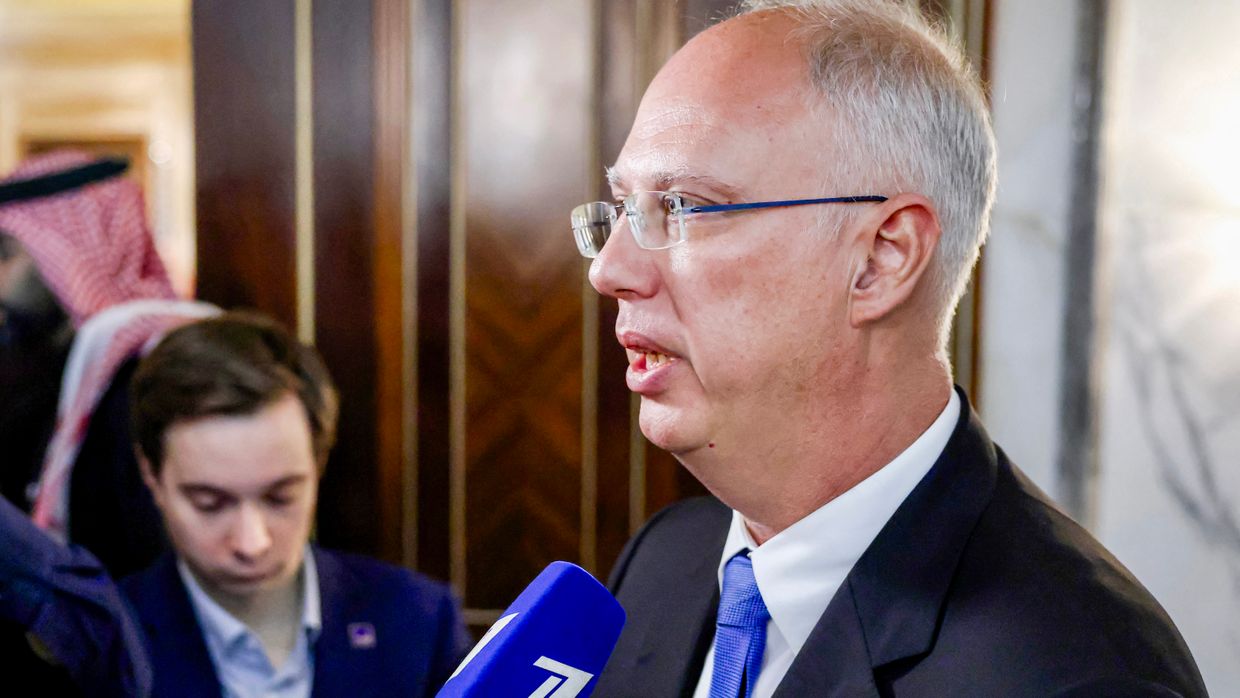
Trump's team advises against calling Putin until Russia agrees to Ukraine ceasefire, NBC reports
U.S. President Donald Trump's inner circle has advised him not to hold a phone call with Russian President Vladimir Putin until the Kremlin agrees to a ceasefire in Ukraine, NBC News reported on April 3, citing two unnamed officials.
On March 30, Trump said he is "very angry" at Putin about the lack of progress, but plans to speak to him in the near future. Trump and Putin held a phone call on March 18 amid peace talks in Saudi Arabia to end Russia's war against Ukraine.
Despite Trump saying he plans to speak to Putin days earlier, no call between the two leaders has been scheduled, the unnamed officials said, adding his advisors are against the idea until the Russian leader commits to a full ceasefire.
The report added that it is possible Trump will abruptly decide he wants to speak to Putin.
Moscow has shown signs it is unwilling to move forward on a peace deal with Ukraine, and Russian authorities have listed maximalist demands in ceasefire negotiations with Ukraine and the U.S.
Ukraine has agreed to a U.S.-proposed full 30-day ceasefire, saying on March 11 that Kyiv is ready if Russia also agrees to the terms. So far, Moscow has refused.
On April 2, U.S. President Donald Trump's special envoy for Ukraine, Keith Kellogg, said Ukraine and Russia are already approaching a ceasefire despite prior reports that a ceasefire is unlikely in the coming months.
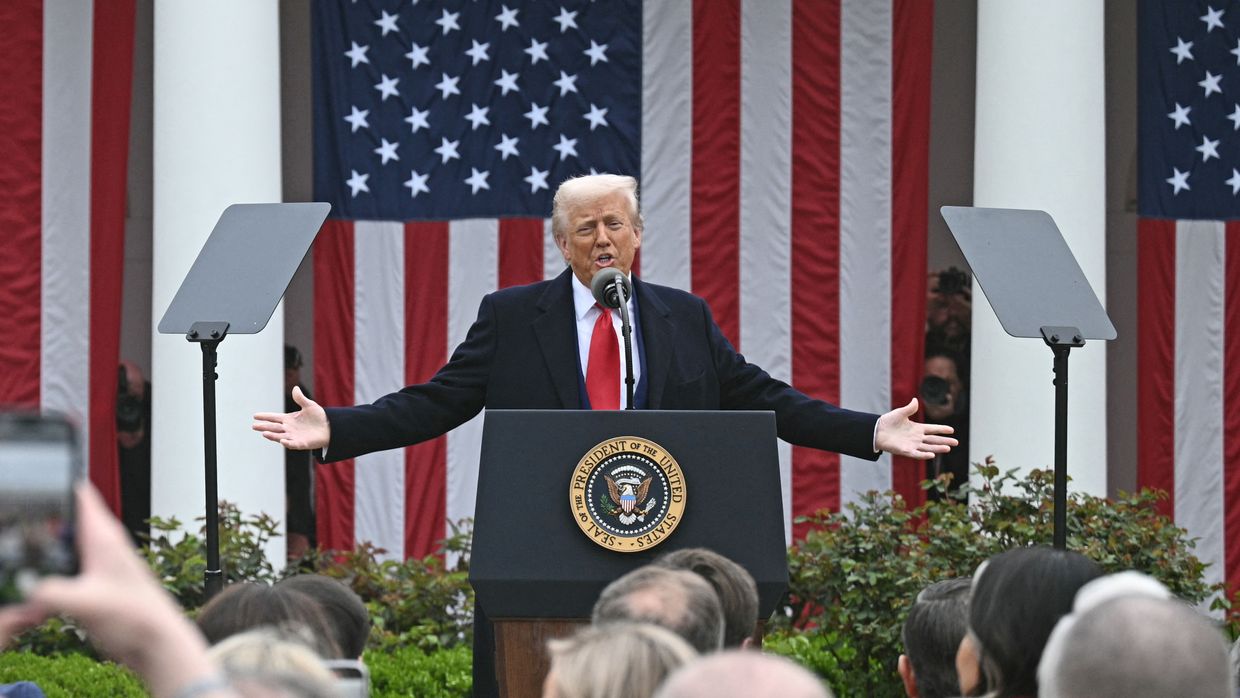
More F-16 jets being prepared for Ukraine, US general says
More F-16 fighter jets are being prepared for transfer to Ukraine, U.S. General Christopher Cavoli said on April 3.
On March 19, President Volodymyr Zelensky confirmed that a new shipment of F-16 fighter jets arrived in Ukraine. Previously, Ukrainian officials said more F-16 fighter jets are expected to arrive in Ukraine this year.
Ukraine uses the F-16 jet to defend its skies, Cavoli said, adding that the jets intercept Russian missiles and have been used for offensive strikes.
"There are more F-16s prepared to be deployed in there. There are more pilots in the training pipelines," Cavoli said.
Although the U.S. has trained Ukrainian pilots to operate the F-16 fighter jets, it has not provided the jets to Ukraine.
"None of the F-16s (have) been from the U.S., though. They've mainly been from northern European countries, (the) Netherlands (and) Denmark," Cavoli said.
Several countries have contributed F-16 fighter jets to Ukraine's defense efforts, with the Netherlands — who announced the continued deployment of F-16s to Ukraine — playing a significant role by committing 24 F-16s.
Denmark has pledged 19 F-16s, with initial deliveries made in 2024, while Norway has promised between 6 and 22 aircraft. Belgium has also announced its intention to supply F-16s, though the exact number remains undisclosed.
F-16s are used in both offensive and defensive operations. The aircraft have been used for intercepting Russian missiles and drones during aerial strikes against Ukraine. They could also be deployed to launch missiles and bombs at Russian positions along the front line.
Germany finances Ukraine's use of Starlink alternative Eutelsat, Reuters reports
Germany is financing Ukraine's access to a satellite internet network operated by French company Eutelsat, Reuters reported on April 4, citing Eutelsat CEO Eva Berneke.
The service serves as an alternative to tech billionaire Elon Musk's Starlink, which has played a key role in Ukraine's battlefield communications.
Eutelsat has been providing high-speed satellite internet services in Ukraine through a German distributor for about a year, with funding from the German government.
Ukraine currently has fewer than 1,000 terminals connecting to Eutelsat's network, but Berneke said the company aims to increase this to between 5,000 and 10,000 "relatively fast."
A Eutelsat spokesperson, Joanna Darlington, said discussions are ongoing regarding further funding from Germany and the EU.
Starlink, which provides service to over 50,000 Ukrainian military, medical, and civilian users, has faced uncertainty over continued access.
Concerns have grown after Reuters reported in February that the U.S. threatened to cut the service unless Kyiv agreed to a critical minerals deal.
Tech billionaire and SpaceX CEO Elon Musk denied these claims, and on March 9, claimed that cutting Ukraine off from Starlink would cause the country's entire front line to collapse.
The dispute escalated after a tense meeting between U.S. President Donald Trump and President Volodymyr Zelensky on Feb. 28, which led to a temporary halt in U.S. military aid and intelligence sharing as Washington sought to push Kyiv toward peace talks with Moscow.
Eutelsat's OneWeb network operates using a dual-constellation approach, combining low Earth orbit and geostationary satellites.
The system could provide essential connectivity for Ukraine's military, including for drone operations. Bloomberg reported on March 6 that Eutelsat is in advanced talks with the EU to potentially replace Starlink in Ukraine.
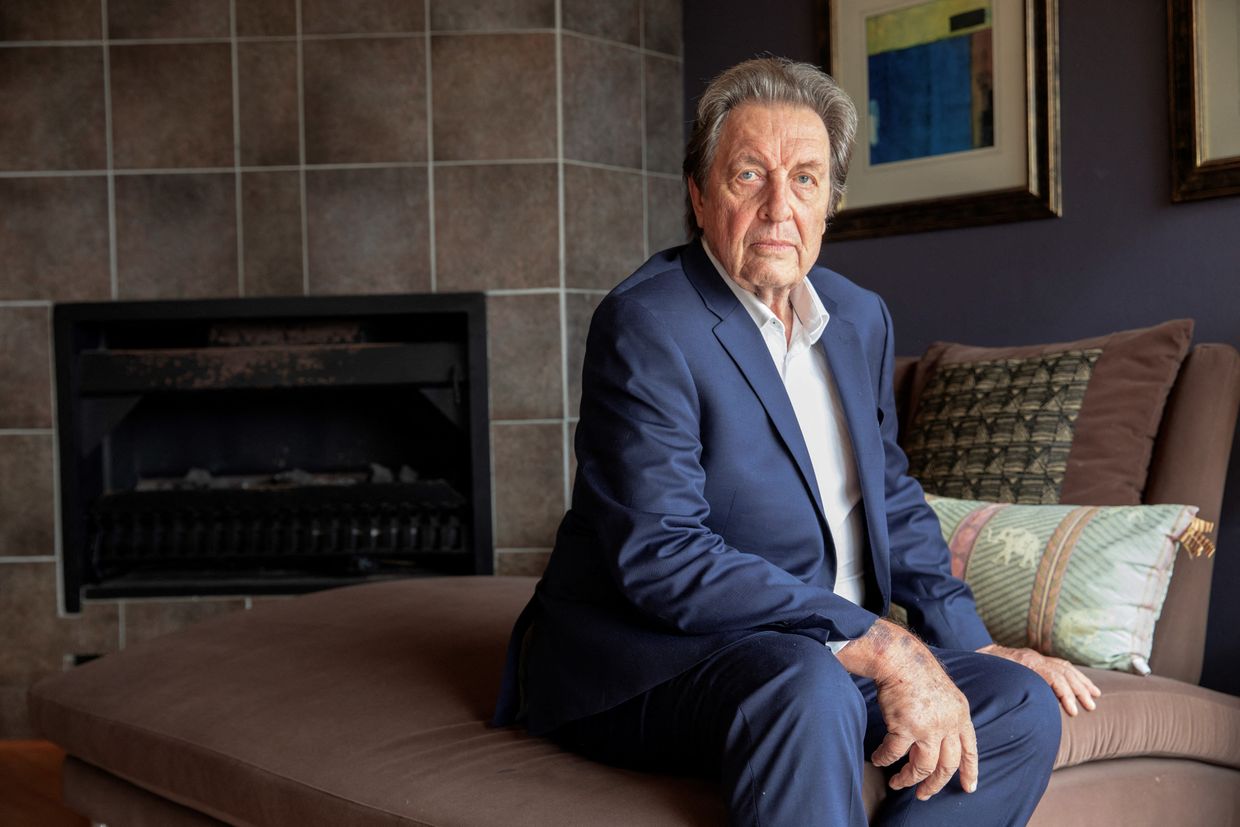
Note from the author:
Ukraine War Latest is put together by the Kyiv Independent news desk team, who keep you informed 24 hours a day, seven days a week. If you value our work and want to ensure we have the resources to continue, join the Kyiv Independent community.



